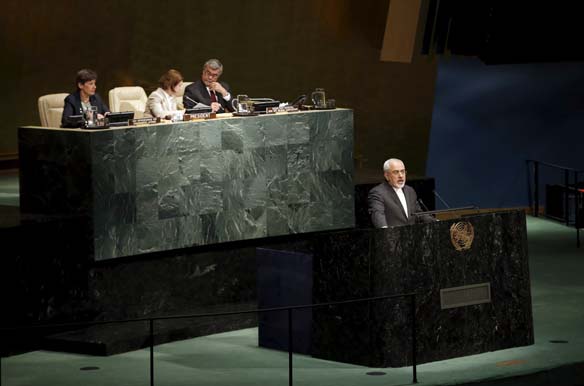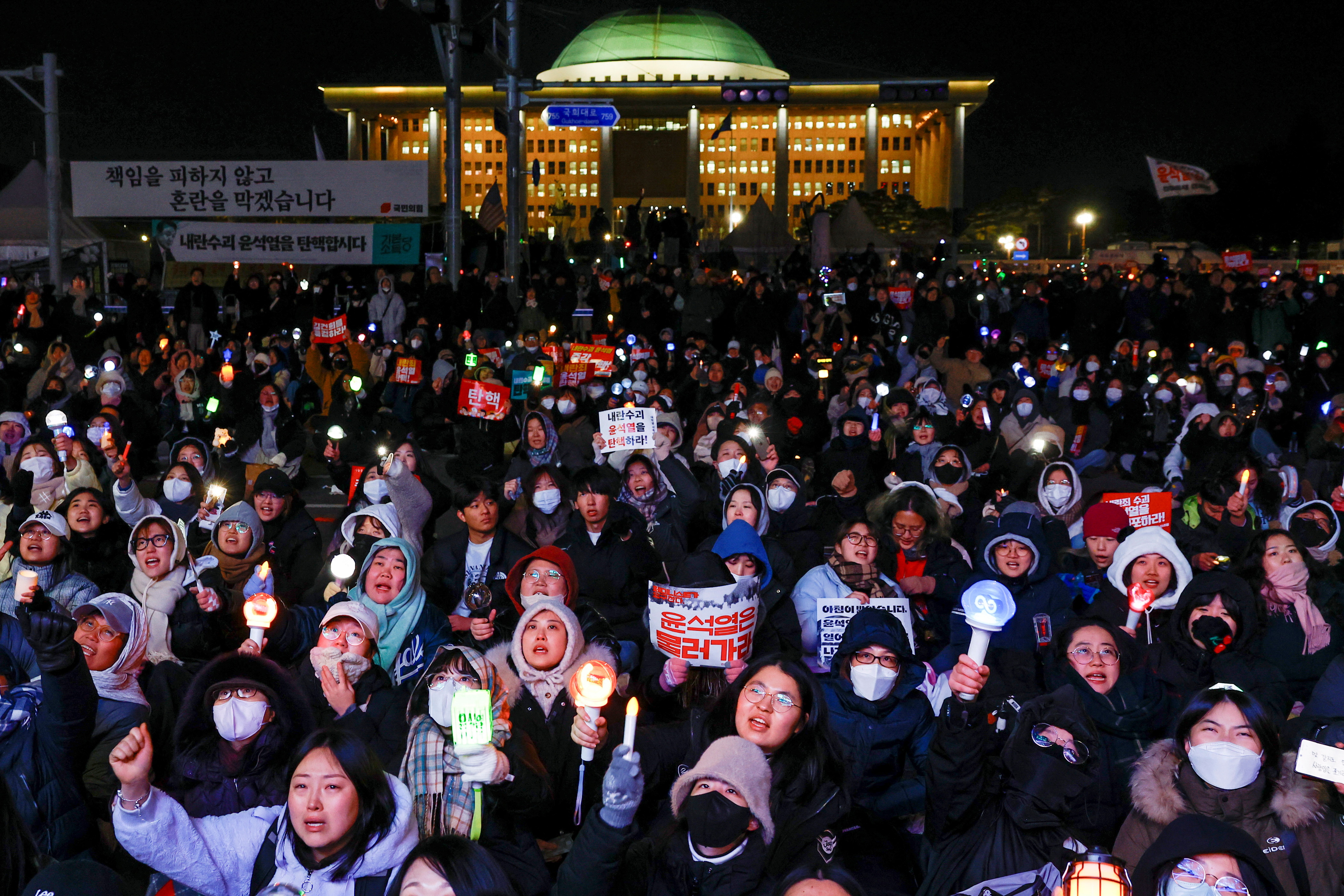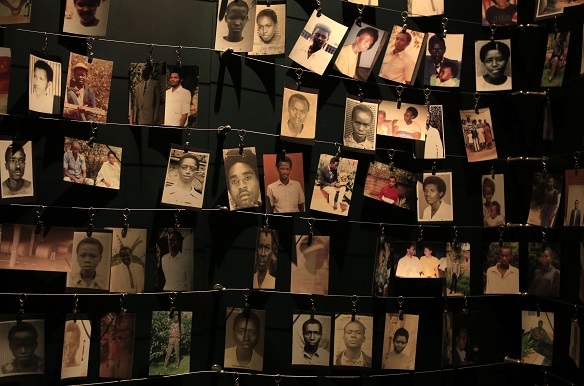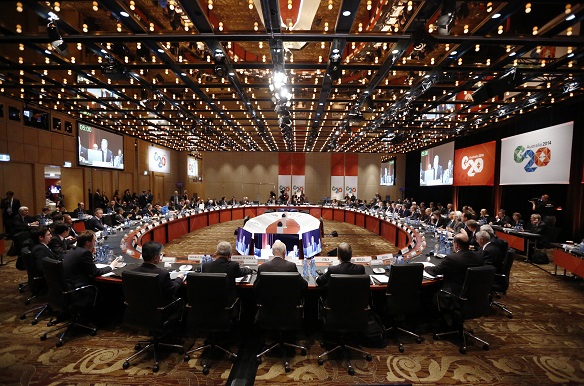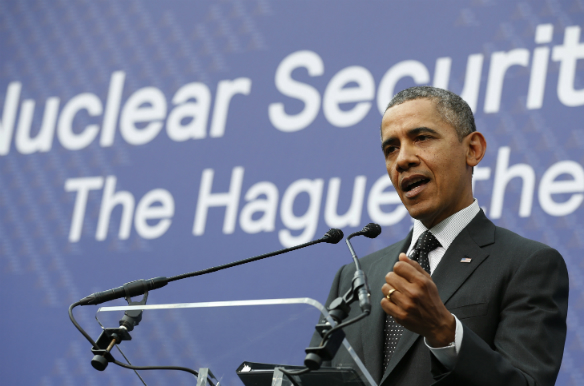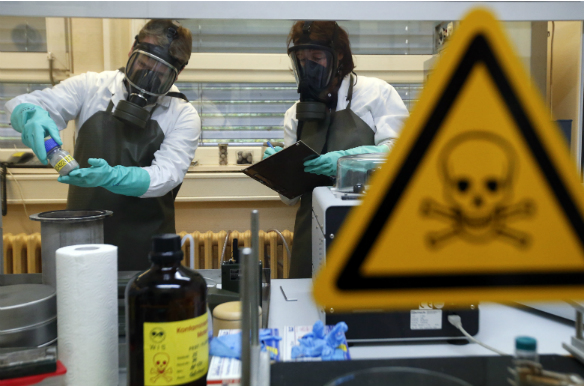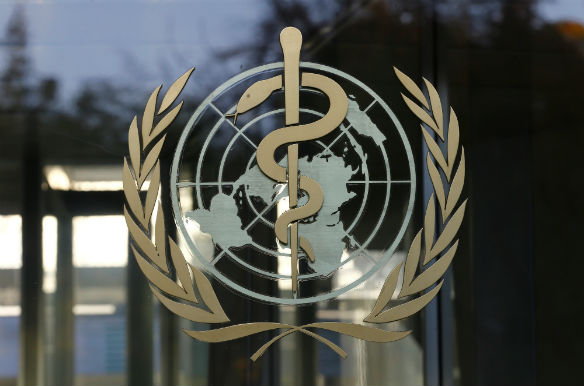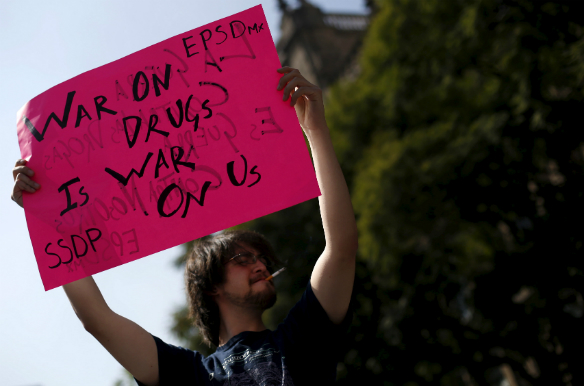The 2018 Summit of the Americas: A Lost Opportunity
The eighth Summit of the Americas, which recently took place in Lima, will soon be forgotten. To many observers, that would be considered a success. Expectations prior to the gathering of thirty-three heads of state from the Western Hemisphere had been so low that an uneventful summit was the best possible outcome. When President Donald J. Trump announced that he would not attend—making him the first U.S.
The eighth Summit of the Americas, which recently took place in Lima, will soon be forgotten. To many observers, that would be considered a success. Expectations prior to the gathering of thirty-three heads of state from the Western Hemisphere had been so low that an uneventful summit was the best possible outcome. When President Donald J. Trump announced that he would not attend—making him the first U.S.


